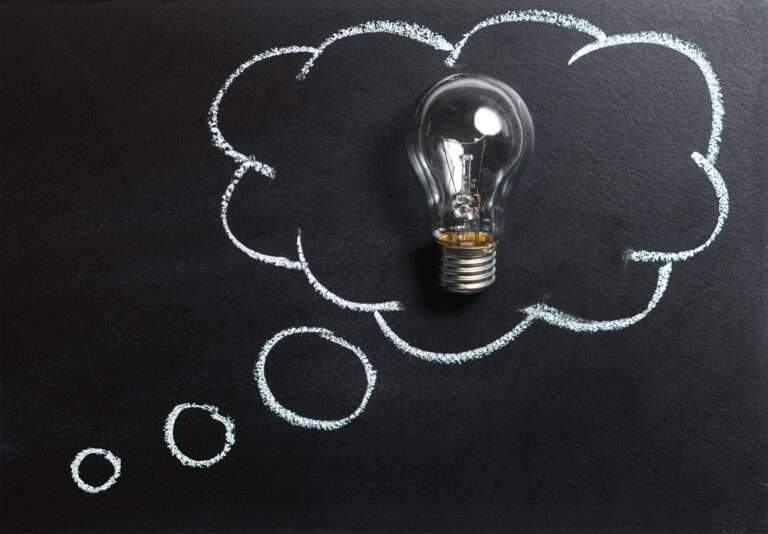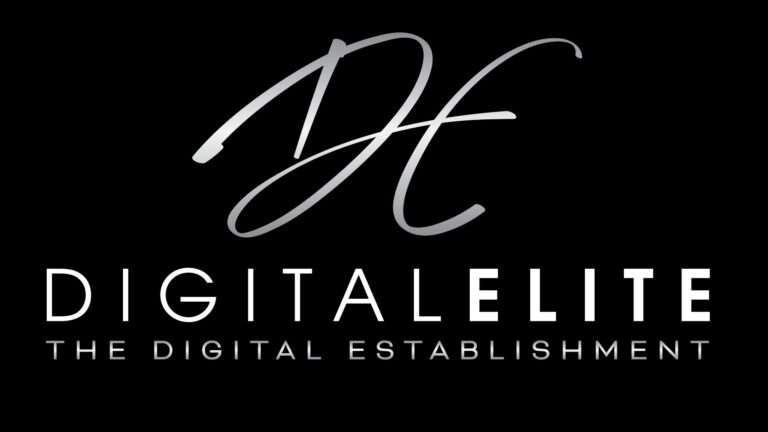Decentralization and Peer-to-Peer Networks:
At the heart of Web 3.0 lies the principle of decentralization, which seeks to distribute power and control away from central authorities and towards individual users. Unlike Web 2.0, where platforms like social media and e-commerce are controlled by a few dominant players, Web 3.0 facilitates peer-to-peer interactions through decentralized networks powered by blockchain technology. This decentralized model offers several advantages, including enhanced security, transparency, and censorship resistance. Users have greater control over their data and transactions, reducing the risk of exploitation and data breaches.
Data Ownership and Privacy:
One of the most significant advantages of Web 3.0 is its emphasis on data ownership and privacy. In traditional web ecosystems, user data is often monetized by centralized platforms without users’ consent or knowledge. Web 3.0 seeks to change this by empowering users to own and control their data through cryptographic principles and decentralized protocols. With self-sovereign identity solutions and decentralized storage systems, individuals can securely manage their personal information and decide how it is shared or monetized, leading to greater privacy and autonomy online.

Tokenization and Digital Economies:
Another key feature of Web 3.0 is the proliferation of tokenization and digital economies enabled by blockchain technology. Tokens serve as digital assets that can represent anything from currencies and securities to digital collectibles and access rights. Through tokenization, Web 3.0 enables the creation of decentralized marketplaces, crowdfunding platforms, and incentive mechanisms that empower creators, consumers, and investors alike. By leveraging smart contracts and decentralized finance (DeFi) protocols, Web 3.0 facilitates peer-to-peer transactions, automated agreements, and programmable incentives without the need for intermediaries.
Immutable and Transparent Record-Keeping:
In Web 3.0, blockchain technology serves as the underlying infrastructure for maintaining immutable and transparent records of transactions, contracts, and digital assets. By storing data across a distributed network of nodes, blockchain ensures that information cannot be tampered with or altered retroactively. This transparency and immutability enhance trust and accountability in online interactions, whether it’s verifying the provenance of goods, auditing financial transactions, or ensuring the integrity of digital content. Moreover, blockchain-based systems offer greater resilience against censorship, fraud, and manipulation, making them ideal for applications requiring verifiable and trustworthy record-keeping.
Innovative Applications and Use Cases:
With the advent of Web 3.0, we are witnessing a proliferation of innovative applications and use cases that leverage decentralized technologies to solve real-world problems. From decentralized social networks and content sharing platforms to decentralized autonomous organizations (DAOs) and decentralized marketplaces, Web 3.0 is reshaping industries and empowering individuals to participate in new ways. Whether it’s empowering creators to monetize their content directly, enabling communities to govern themselves autonomously, or democratizing access to financial services, the possibilities offered by Web 3.0 are virtually limitless.
Related Posts
Web 3.0 arriving shortly
Decentralization and Peer-to-Peer Networks: At the heart of Web 3.0 lies the principle of decentralization, which seeks to distribute power and control away from central
Website Importance in Batemans Bay
The Importance of Having a Website for Your Business in Batemans Bay In today’s digital age, having a website is essential for any business, regardless
The Importance of Having a Website for Your Business in Batemans Bay
In today’s digital age, having a website is essential for any business, regardless of size or industry. A website serves as a hub for all
Search Engine Optimisation in Batemans Bay
Are you a business owner in Batemans Bay looking to get ahead of the competition? If so, then digital marketing and search engine optimisation (SEO)
Why it’s important to have a reputable digital marketing agency in 2023
In today’s digital world, having a reputable digital marketing agency is more important than ever. With businesses increasingly relying on online presence to reach their

